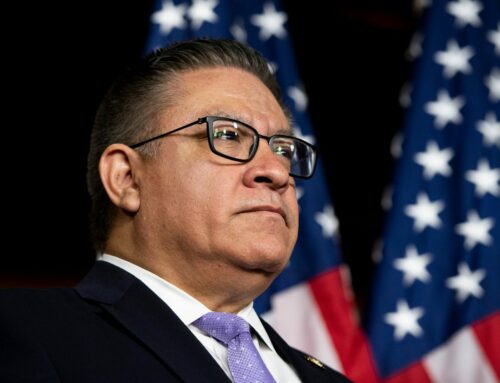Ohio Set to Decide on Adult-Use Cannabis Legalization this November
LOS ANGELES-– Ohioans will have the chance to make their state the 24th in the U.S. to authorize adult-use cannabis, after state officials greenlit ballot language for a November vote.
The Ohio Ballot Board, comprising Republican Secretary of State Frank LaRose and members appointed by the state Legislature, gave unanimous approval on Aug. 24 to the ballot summary that will be presented as State Issue 2 in the upcoming general election.
The consensus arrived after a previous shortfall in the number of required signatures. Advocates fell 679 signatures short of the needed 124,000 but later met the requirement during a grace period.
The measure, named “An Act to Control and Regulate Adult Use Cannabis,” requires just over a 50% majority to be approved on Nov. 7. It would permit Ohio residents aged 21 and above to buy up to 2.5 ounces of cannabis or 15 grams of its extract from certified dispensaries. Additionally, it allows individuals to cultivate up to six cannabis plants, with a household limit of twelve.
Financially, the proposal seeks to impose a 10% tax on cannabis sales. Revenue distribution includes 3% for administrative costs, 25% for education and addiction treatment, 36% for municipalities with dispensaries, and the remaining 36% for social equity and employment initiatives.
Tom Haren, representing the Coalition to Regulate Marijuana Like Alcohol, emphasized the transparency of the process. Haren said the bipartisan ballot board’s unanimous approval assures voters that the proposal’s text is trustworthy and clear.
Financial projections from the Ohio State University’s Drug Enforcement and Policy Center estimate that by the fifth year of operations, legalized cannabis could generate between $276 million to $403 million in annual tax revenue. Despite these figures, the total potential revenue from cannabis sales is expected to be less than 1% of Ohio’s $60 billion-plus annual budget. Notably, around a third of this potential revenue would be directed towards social equity and job programs.
The proposed statute promises an inclusive approach, emphasizing social equity. Alongside the already established medical operators, 90 additional licenses for cultivation and dispensing would prioritize applicants from the cannabis social equity and job programs.
However, similar programs in other states, like New Jersey and New York, have faced challenges. Licensing delays, capital-raising hurdles, and local regulation navigation have often posed significant obstacles for businesses, particularly those aimed at promoting social equity.
In Ohio, the proposed Division of Cannabis Control would have the authority to evaluate market dynamics and potentially issue more licenses after 24 months, promoting diversity in ownership and operation of businesses.
Yet, with the impending vote, there’s a lingering question: If Ohioans approve the proposal, will state lawmakers remain true to its intentions when crafting the subsequent legislation? Only time will tell.



































